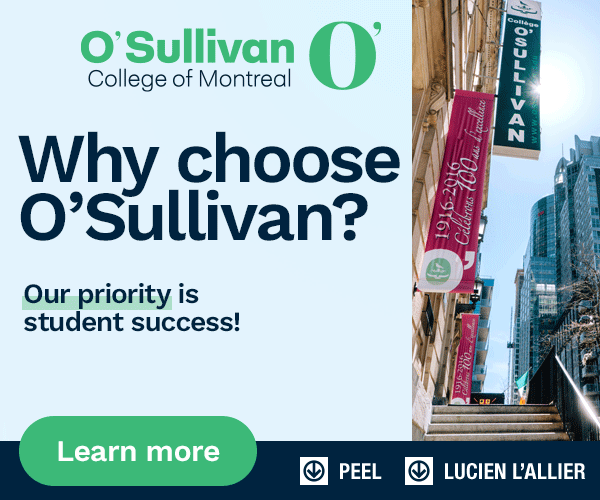Over 400 people from colleges, universities, and Indigenous organizations gathered virtually from September 21-23, 2021, for the 6th edition of the National Building Reconciliation Forum, held for the first time in Québec. At the request of Indigenous partners, the event focused on engagement and action.
At one of the workshops during this marquee event, Johanne Jean, President of Université du Québec, presented the four-pronged, collective engagement of the network's ten university institutions aimed at supporting change to reflect the realities of First Peoples.
"The road to reconciliation is a long process in which each and every one of us has a responsibility to help advance this important societal project, as many of the participants reminded us, including Chief of the Assembly of First Nations Quebec-Labrador (AFNQL), Ghislain Picard. As institution leaders, one of our roles is to act as guardians of a vision that spurs change among all our university communities. For the Université du Québec network, one fundamental element that guides our actions and frames our vision is our profound commitment to ensure access to a university education, a commitment that has been at the core of UQ's mandate since it was created over 50 years ago. And I have to say, we are still very proud today of that pledge, but at the same time, we are aware there is more work to be done," noted Johanne Jean.
"Today, in 2021, we understand that access poses different challenges depending on the person, their educational path, and their past experience. And we recognize that we must be especially attentive to members of the First Peoples. We are fortunate to be able to draw on the experience of the network's universities, which have been engaged for decades in this mission to acknowledge the needs of Indigenous students. We can also take inspiration from the innovative initiatives that have been developed to address these challenges. It is the power of teamwork that will enable us to advance further and faster," she added.
To bring to fruition this vision of an accessible, welcoming, and safe university that inspires success, the institutions explored and identified four levers to support reconciliation:
- Continue to raise the level of sensitivity and knowledge among university communities with regard to the historic and modern-day realities of the First Peoples, by encouraging all their members (managers, teaching and support staff, and students) to undergo training;
- Improve awareness of the realities and perspectives of the First Peoples by hiring Indigenous people to complementary long-term positions that allow institutions to address certain challenges they face, e.g., strategic counselling, tutorial support, and student services;
- Support the work of institution management and professorial teams to incorporate content and learning objectives relating to the challenges and realities of the First Peoples in their classes and study programs, by specifically prioritizing those in health, social work, law, history, and teaching (in keeping with the request by Indigenous organizations regarding the Reference Framework for Professional Competencies for Teachers and Competency 15); and
- Foster capacity building and experience sharing among people working in this transformational project at universities by facilitating forums for dialogue and sharing within and between the network's institutions, e.g., internal working committees, practice community of student support professionals, and the Université du Québec working table on Indigenous realities (Table de travail sur les réalités autochtones).
"These cross-curricular, complementary levers of change were defined broadly, so that each university can implement them as they see fit, in keeping with the realities and needs of their communities, and according to the wishes and creativity of their teams. They also reflect the messages expressed by the First Peoples student and graduate ambassadors at the Forum," added Johanne Jean.










